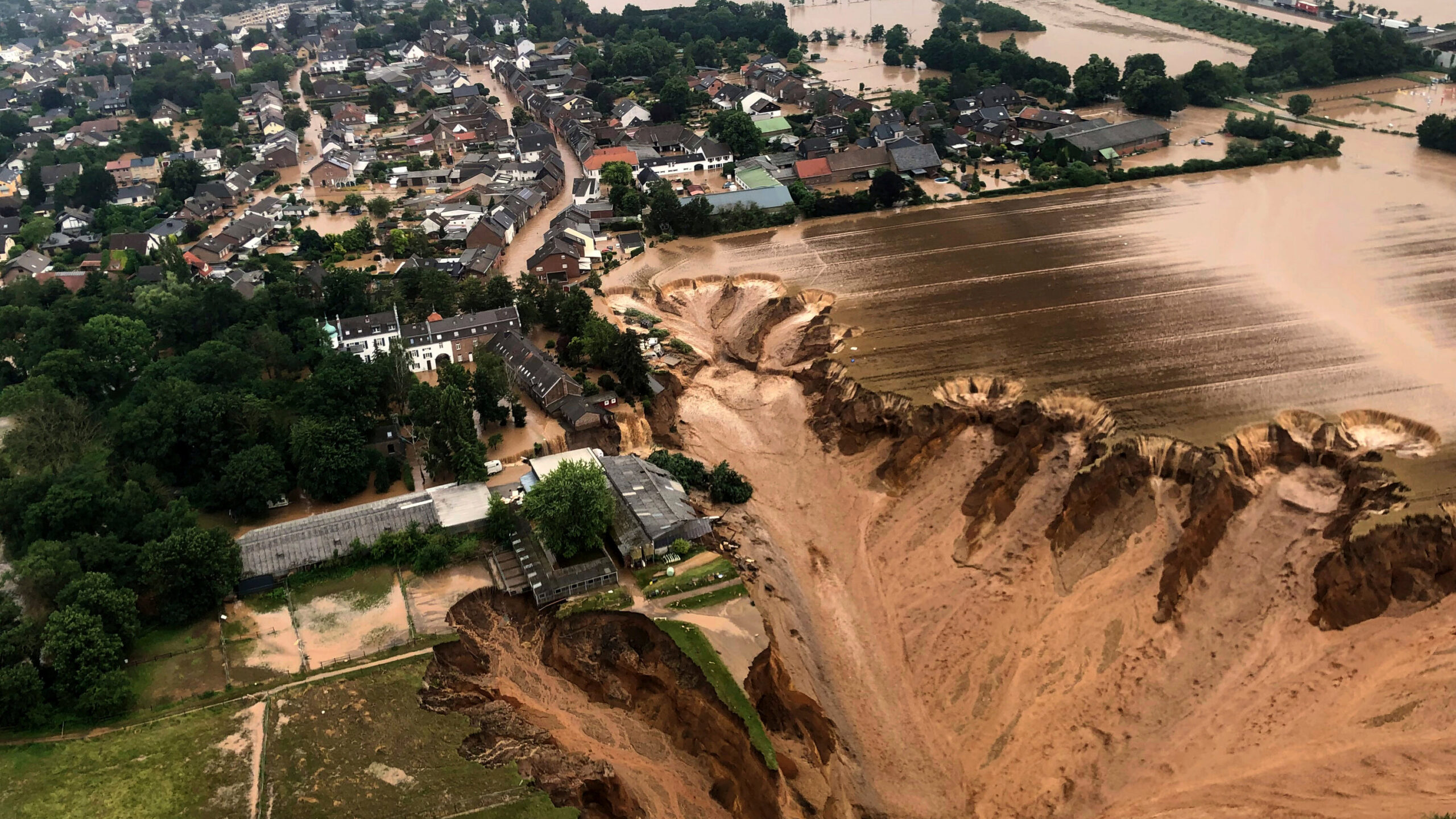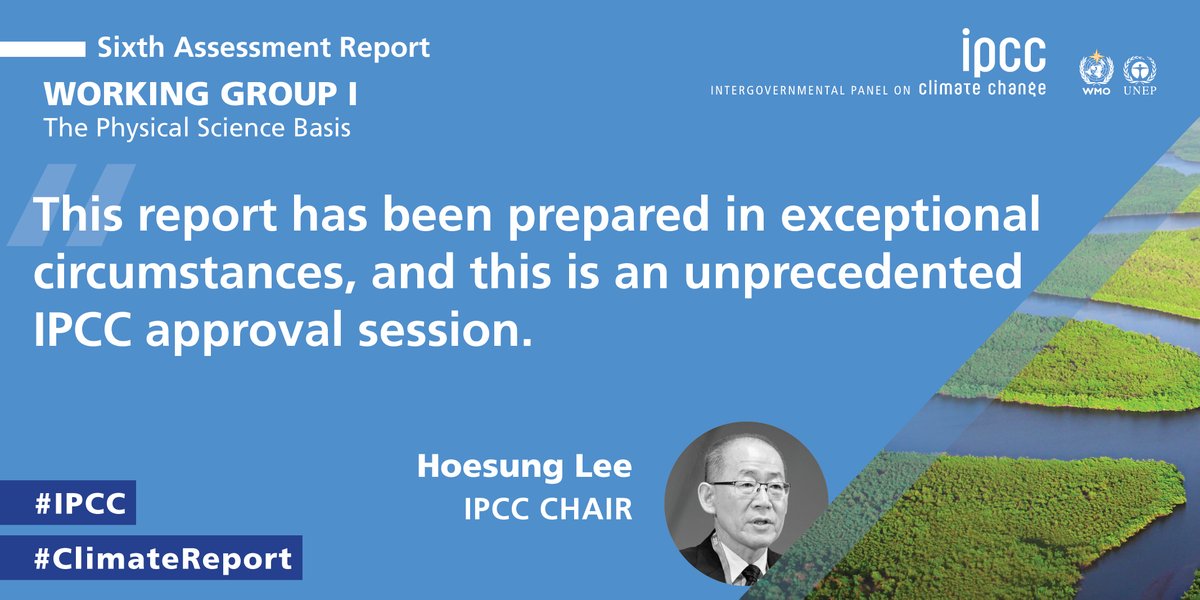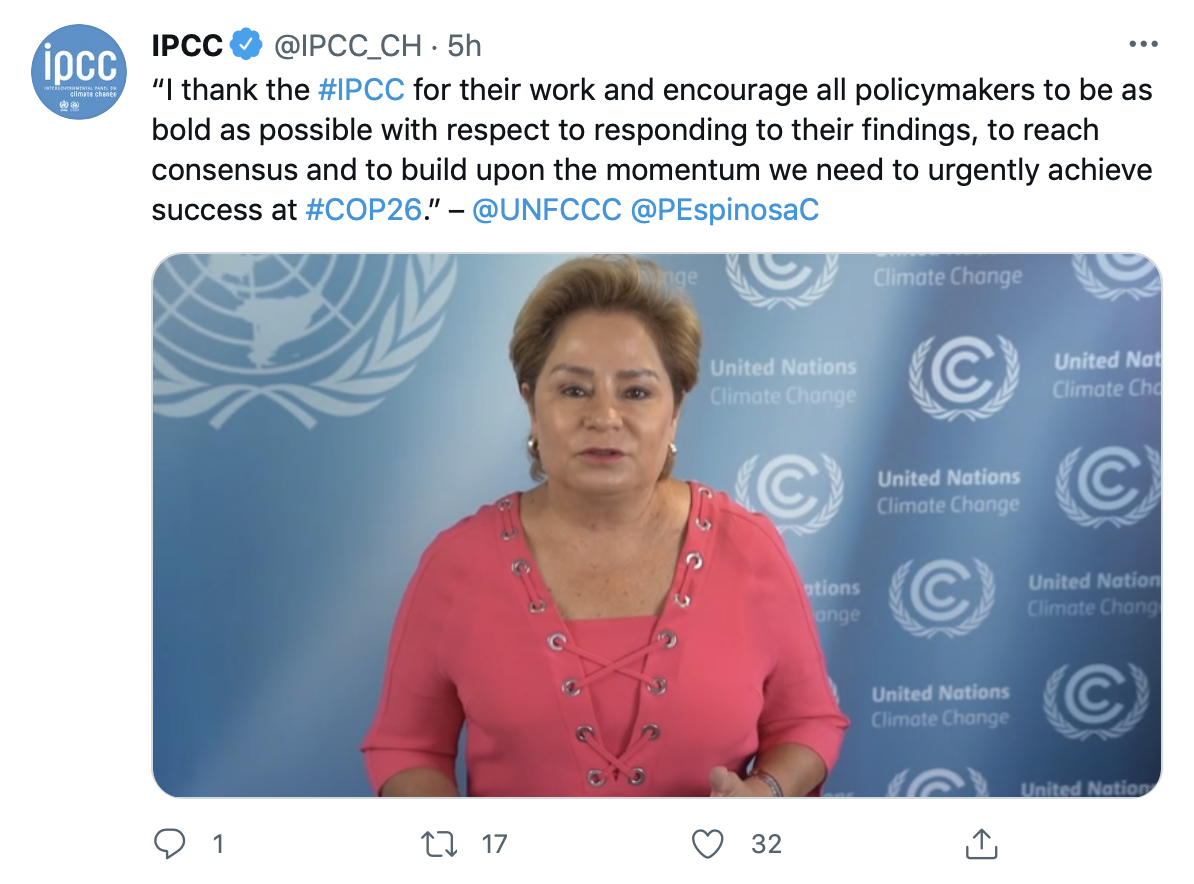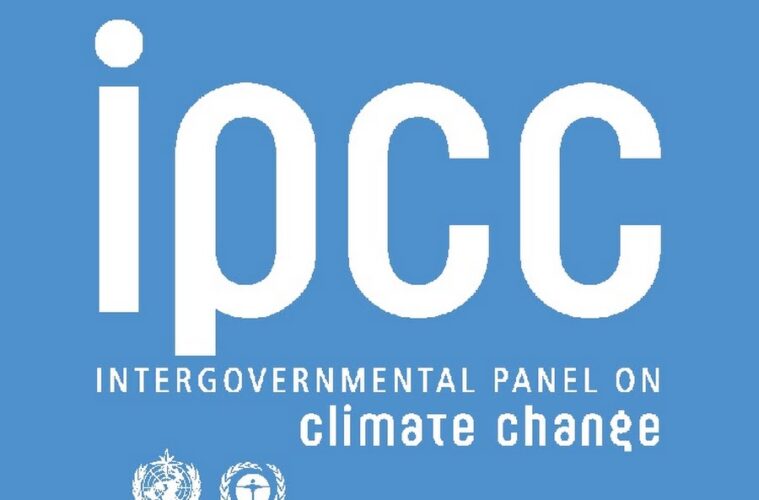The United Nations Intergovernmental Panel on Climate Change (IPCC) began talks on Monday to finalize the first installment of its Sixth Assessment Report comprised of the latest climate science.

Photo Credit: NY Times
From deadly floods in China and Europe to the wildfires in the Siberian tundra, the effects of climate change are more apparent than ever. Within Canada’s own borders we have seen a rise in wildfires and extreme temperatures reaching all the way to 49°C.
The questions surrounding climate change have since changed from questioning human involvement in the acceleration of global warming to just how long we have before human-induced climate catastrophe hits a point of no return.

Photo Credit: Twitter via @IPCC_CH
Monday marked the beginning of a two-week virtual conference held by the IPCC. During the opening ceremony, Joyce Msuya, Deputy Executive Director of the U.N. Environment Programme, said, “As I speak, it is clear that extreme weather is the new normal. From Germany to China to Canada or the United States: wildfires, floods, extreme heat waves. It is an ever-growing tragic list”.
Now more than ever research and data surrounding climate change are vital. But, what’s more, important is getting that information in the hands of policymakers. The IPCC is the internationally accepted authority on climate change. It is a collective tasked with compiling scientific findings from thousands of international climate scientists and specialists in order to provide a global report to policymakers.
From July 26 to August 9 more than 200 top climate scientists will meet to finalize the physical science basis of climate change, the first installment of the Sixth Assessment Report.
The Sixth Assessment Report has been years in the making and will be an update of the IPCC’s last report in 2013. The report will feature 234 authors highlighting the latest advances in climate science, the implications of climate change, potential future risks and mitigation strategies. Each installment is over 1000 pages and reviewed by 1000s of scientists. A Summary for Policymakers of some 30 pages is included to serve as a guide for crafting policies around the environment.
What separates this report from others in the past is its focus on regional information. As communities continue to be devastated by extreme weather events it is crucial that policymakers have an idea of how to mitigate risk. More explicit information surrounding the risks of extreme climate events and regional information will aid policymakers in risk assessment.

Photo Credit: Twitter via @IPCC_CH
This comes three months before the Scottland is to host the 26th UN Climate Change Conference of the Parties (COP26). The COP26 summit will bring world leaders together to discuss plans to uphold the goals of the Paris Agreement. Countries involved in the agreement agreed to cut carbon emissions and make efforts to limit the global average temperature to 1.5°C.
Patricia Espinosa, UN Climate Change Executive Secretary, said on Monday, “The world is currently on the opposite track, heading for a 3°C rise”. The first installment of the report is projected to release on August 9 and will no doubt play a role in the COP26 summit. The completion of the Sixth Assessment Report is to be finalized in 2022.


